|
Cambodia (2021 Deadline)
Information and communications technology (ICT) uses for inclusive cashew value chain and agricultural inputs in Cambodia
PI: Nget Raby (ngetraby@rua.edu.kh), Royal University of Agriculture
Co-PI: Neang Sarin, Department of Agro-Industry
Project Dates: May 2022 – June 2023
Project Overview
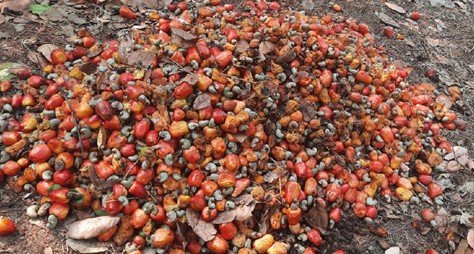 | | Cashew harvest |
This PEER project sought to identify and test information and communication technology (ICT)-mediated initiatives involving farmer-trader credit interactions in villages, specifically in cashew trading in Cambodia. The researchers used informal discussions with suppliers, traders, and stakeholders, as well as semi-structured interviews with farmers on land tenure and management, technology adoption, crop production, sale price, planting advice, technical assistance, market information, storage, and processing. After analyzing these data to identify problems faced by farmers, the researchers introduced them to ICT-based solutions that link them with different sources of information and post products for sale. The team also served as a resource for farmers to consult by sending photos of problems (evidence of insects, plant diseases, and nutrient deficiencies) and receiving advice on solutions. The team analyzed the outcome of this intervention through before and after surveys.
Final Summary of Project Activities
The PEER project team interviewed the community leader in the Krayea community in Kampong Province, as well as an agricultural inputs supplier, traders, and farmers about problems related to cashew nut production. They interviewed 52 cashew nut farmers in the study area and found that low prices and high input costs adversely influenced farmers’ cashew production. There was also price fluctuation and a lack of multiple market channels to determine prices. Traders took advantage of this, offering a low price to increase their own profit.
The team conducted trainings with farmers in the area. One set was focused on using apps like Messenger and Telegram to share information among farmers about prices and sell their products. The second focused on planting techniques, care, harvesting, and storage to increase cashew nut productivity.
The researchers concluded the project with a field visit after all trainings were completed, conducting a survey to understand farmers’ perspectives on ICT and price changes for cashews in the community. The team created three technical reports on their project, trained community leaders on ICT possibilities, and connected them to agro-industry researchers at the Royal University of Agriculture to learn more about post-harvest technology.
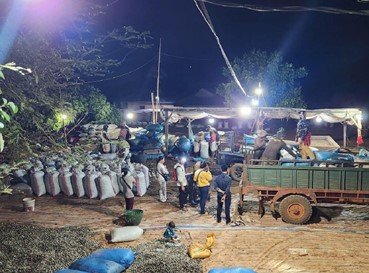 | 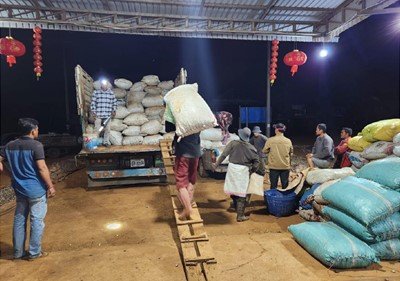 | | Cashew crop collection. Photo credit Nget Raby | Cashew crop collection. Photo credit Nget Raby |
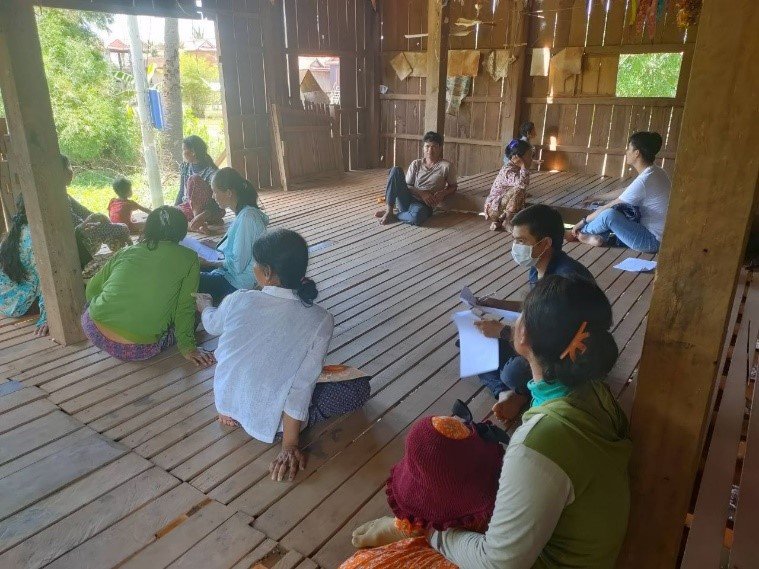 | 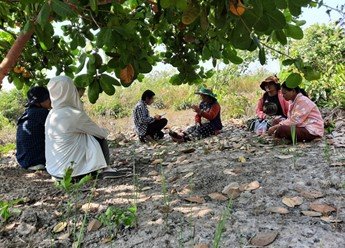
| | Surveys conducted with Krayea Samki Agricultural Cooperative's cashew nut farmers June 2022. Photo credit: Raby Nget | PEER team conducts interviews with local farmers. Photo credit Nget Raby | 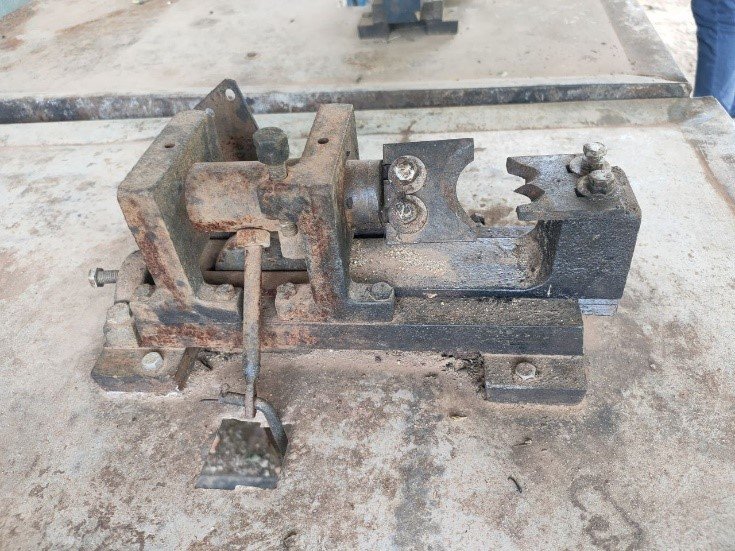 | 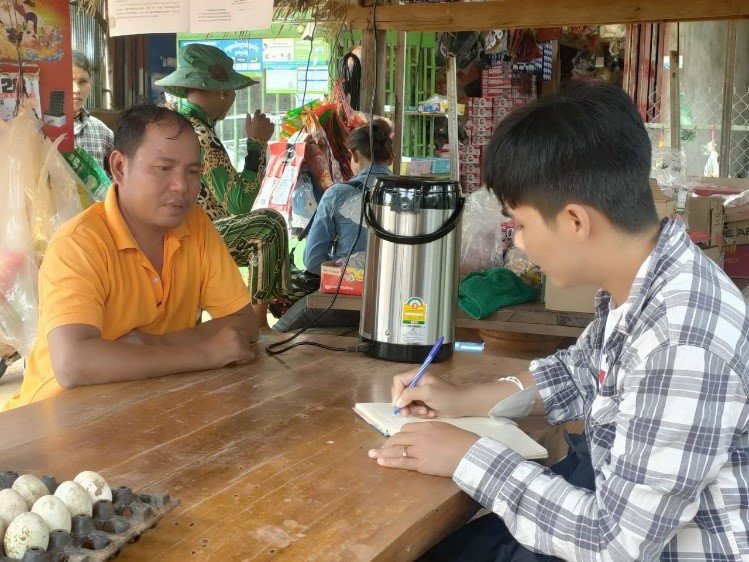 | | Cashew nut peeling equipment at Krayea Samki Agricultural Cooperative. Photo credit: Raby Nget | Meeting with chief of Krayea Samki Agricultural Cooperative May 2022. Photo credit: Raby Nget |
Back to PEER Cambodia Grant Recipients
|
|
|
|










